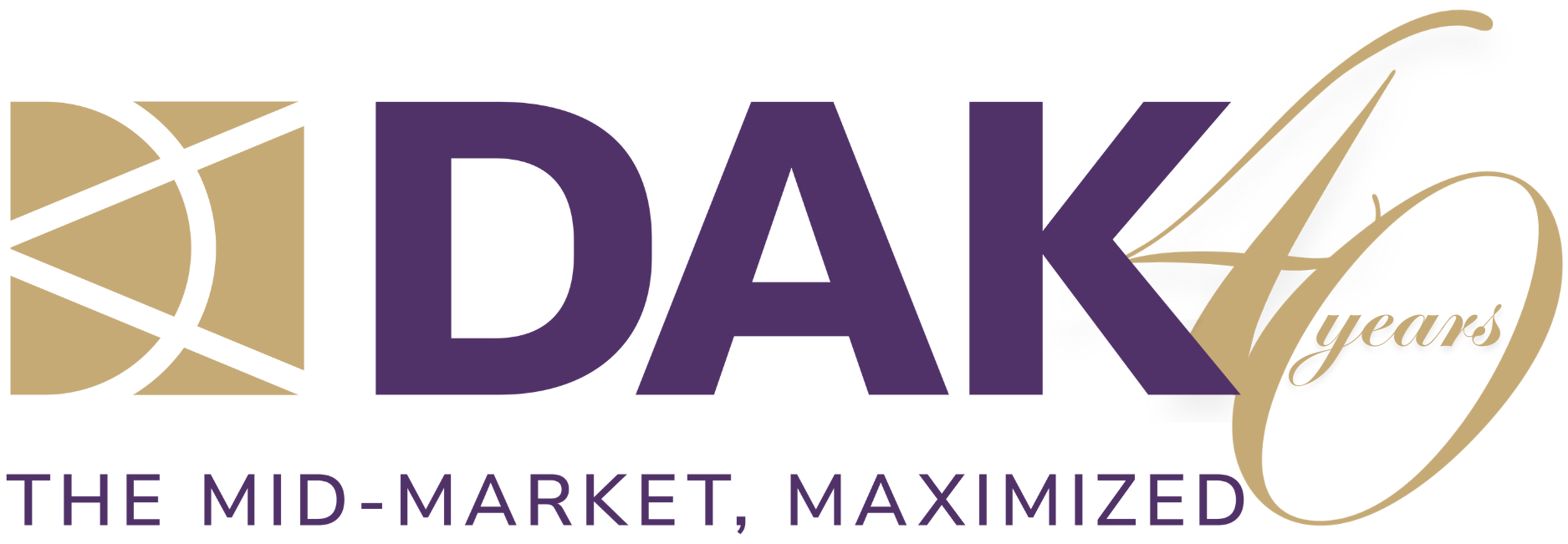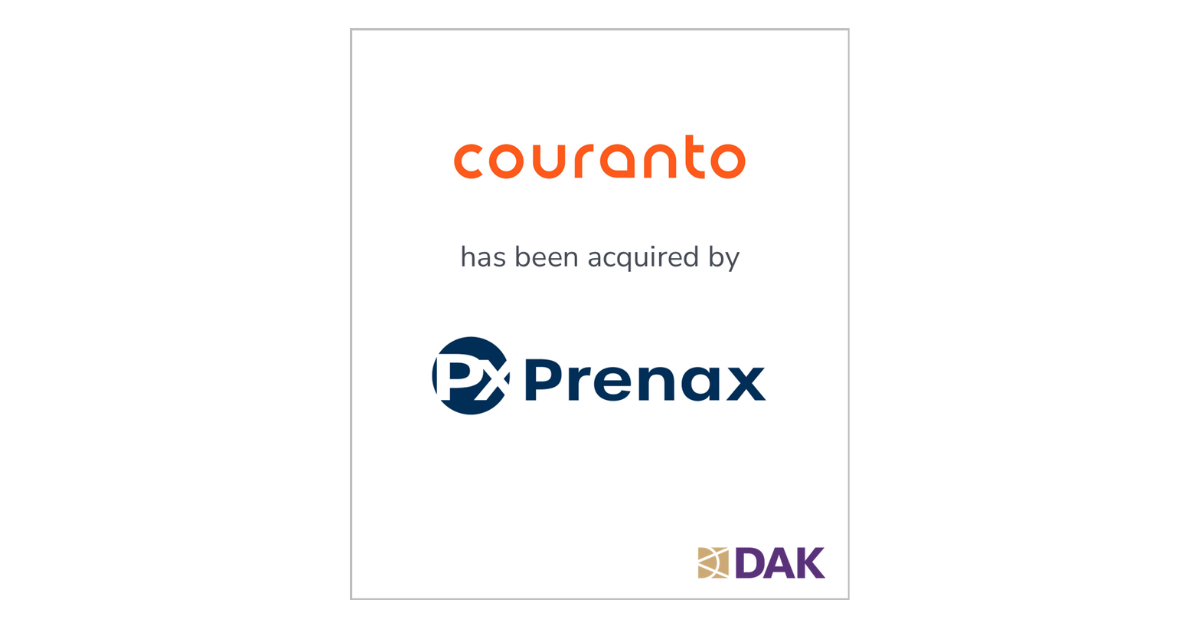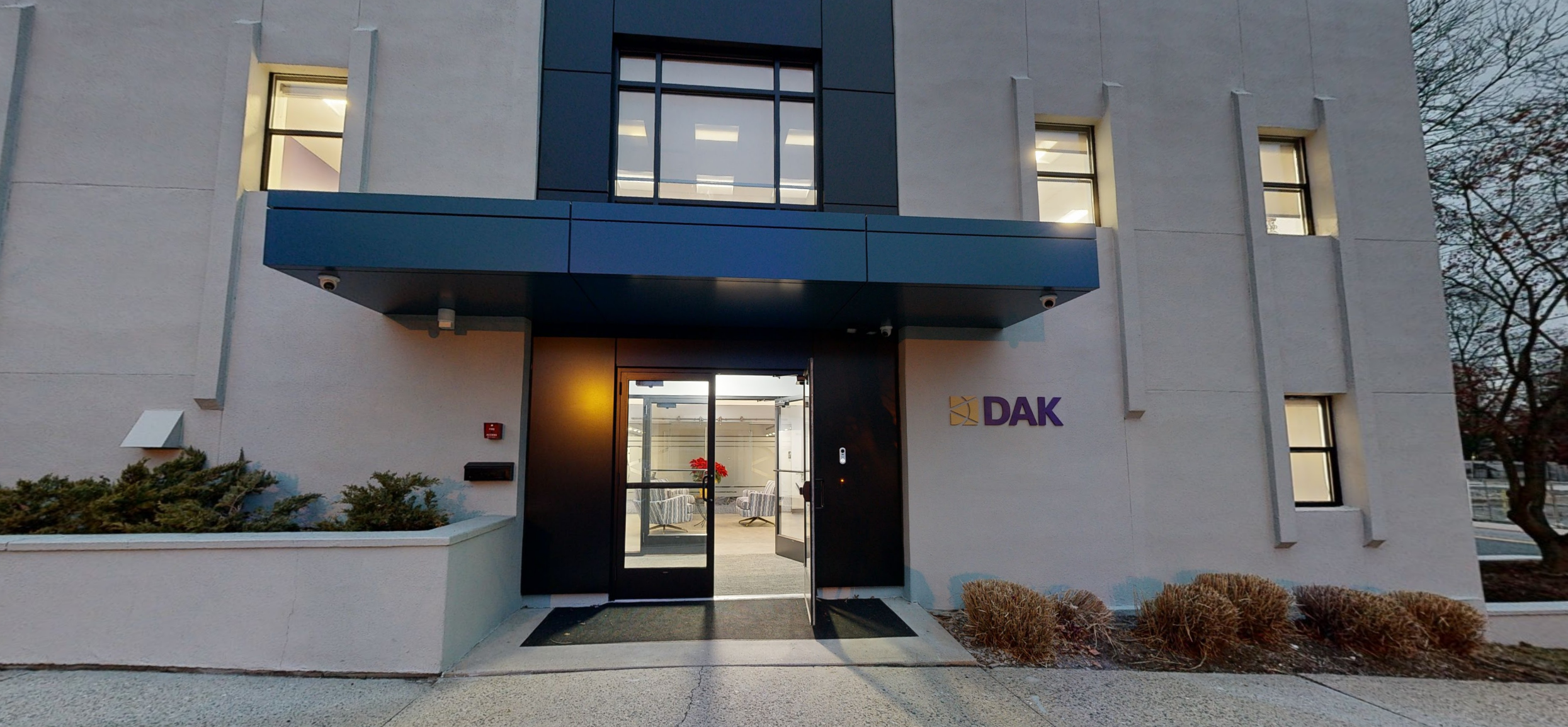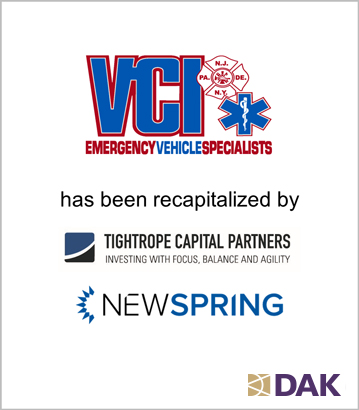Mergers and acquisitions activity is slightly off its recent peak of two years ago, according to two investment bankers involved in such deals
HVAC contracting businesses continue to attract investors as well as other service companies looking to grow, though mergers and acquisitions (M&A) activity is slightly off its recent peak of two years ago, according to two investment bankers involved in such deals.
Last year saw 186 transactions involving HVAC companies in the U.S., just a few short of the 198 deals reported in 2021, according to Kevin Wilson, a principal at DAK who often works with people looking to sell HVAC businesses. By comparison, there were 133 HVAC business deals in 2020, Wilson said.
“You saw a significant increase in the amount of deal activity in 2021,” Wilson said. “This market is still very robust, still very much going in that same direction.”
The deals involved companies focused on HVAC services, systems, installation, service providers, and maintenance, Wilson said, and the numbers are based on information from a variety of sources and databases.
Private equity (PE) firms remain interested in HVAC, said Wilson and Ted Polk, managing director at Capstone Partners. Polk said service businesses already backed by PE are looking to make strategic acquisitions of HVAC firms in order to expand their markets or add services.
“Those entities are being encouraged by their owners to continue to acquire,” Polk said. “The most active players are the ones that have this rigor in place already, backed by entities with a lot of money.”
Both DAK and Capstone are investment banking firms that deal with middle-market companies.
From one buyer’s perspective, however, M&A activity in HVAC has slowed, though he added there is still a lot of opportunity in the market.
“We’ve seen substantial slowing down of deals, multiples coming down,” said Ken Haines, CEO of Wrench Group, which has home services businesses — concentrated in HVAC, electrical work, and plumbing — in 25 markets across 14 states.
Haines, formerly the owner and operator of Coolray Heating and Cooling Inc. in Atlanta, said Wrench Group began in 2016 as a partnership of four service businesses, including his, in different markets. The new company was purchased by a private equity firm in 2016, sold again in 2019, and now has three private equity investors.
Wrench Group, Haines said, is focused on acquiring successful home services businesses with good reputations and helping them run even better with extra support for functions like legal, human resources, internet technology, and accounting.
“We don’t buy business for the sake of buying them. We’re focused on organic growth,” Haines said.
Sellers are asked to stay on to run the businesses in their markets, and are paid for their businesses with a combination of cash and equity, he said. The owners of every acquisition since 2016 are still with their respective businesses, he said.
PE, Haines said, has helped professionalize HVAC service businesses, but, despite the flurry of acquisitions in the last few years still only holds about $10 billion of an estimated $130 billion market.
“Eighty percent of the business or more is represented by those mom-and-pops,” he said.
Haines said higher interest rates have recently put a damper on some M&A activity in HVAC, and Polk and Wilson agreed.
“The punchbowl has less punch in it right now, and the banks are being more careful,” Polk said.
“Big-picture economic uncertainty and geopolitical issues are also affecting the market outlook”, Wilson said.
One major positive is a growing awareness of the importance of energy efficiency in HVAC, Wilson said: Potential buyers are betting that more people will be seeking more efficient systems.
“Energy efficiency is driving a lot of volume in the HVAC arena,” he said. “People are realizing that’s something they need to be aware of.”
Wilson and Polk said that potential buyers are more interested in companies that have a steady income stream rather than those that concentrate on new installations and thus are more at the mercy of building construction cycles.
“Companies that are tied to new construction are of less interest right now than those that are focused on pure service, maintenance, and repair,” Polk said.
Haines and Wilson had a few tips for HVAC contractors who may be looking to sell in the near future:
- Focus on running the business, on the team, and on having a positive culture, said Haines.
“Run your business like you’re going to run it forever, but prepare now to be ready to sell it tomorrow,” Wilson said. - Get the books in order if they’re not already.
“Make sure you have clean, supportable financial statements for your business,” said Wilson. Have the financials reviewed, and maybe even audited, by a professional, he added. - “Make sure you truly understand what the value of your business is,” said Wilson. That, he added, means finding a buyer that is looking for something you offer that other companies don’t, and understanding what the value of the business is to that buyer.
- Consider enlisting the services of an M&A professional.
“This is a big deal,” said Wilson. “You’ll need expert advice.”
CLICK FOR MORE INFORMATION






